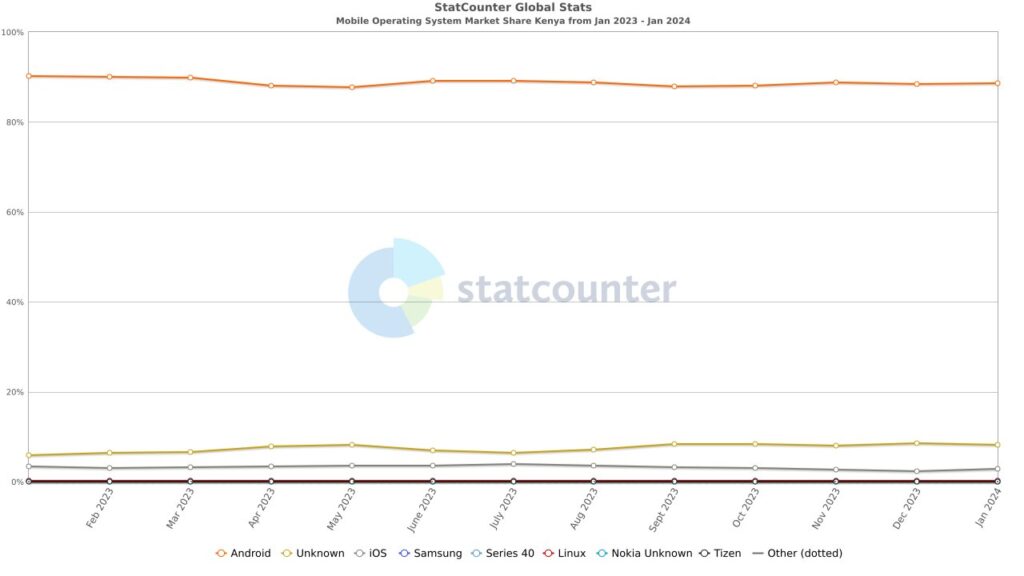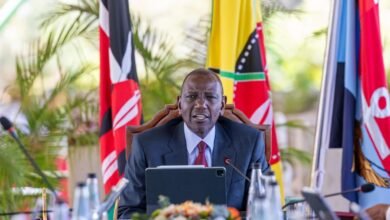
The President of Kenya, Kenya’s Press is reporting, has recently claimed that during a visit to Silicon Valley, Apple CEO, Tim Cook, revealed the company employs about 23,000 Kenyans, all operating from Nairobi. This claim has brought about varied discussions across social media sparking flurry of reactions, prompting a closer examination of its feasibility against the backdrop of Apple’s global and local operations.
Direct vs. Indirect Employment:
The nature of the employment mentioned by the president suggests a direct link, implying that these individuals are directly on Apple’s payroll. However, this raises immediate questions given Apple’s operational footprint in Kenya. The tech giant does not maintain direct operations within the country. Apple products are primarily distributed by Redington, with no known direct supply from Apple itself. This setup makes the notion of 23,000 direct employees perplexing, especially considering the limited presence of official Apple resellers and the dominance of refurbished product resellers in the Kenyan market.
Moreover, Apple’s market share in Kenya, sitting at less than 5% between January 2023 and January 2024, further complicates the claim. The size of the workforce purportedly employed would seem disproportionate to the company’s market presence in the region. For context, Apple directly employs 80,000 individuals across the United States, where it enjoys a robust market share of over 61% among a population of 330 million. This stark contrast raises doubts about the claim’s veracity, considering the scale of direct and indirect employment facilitated by Apple in its primary market.

Apple Developers vs Employees?
Exploring the possibility of these 23,000 individuals being developers rather than direct employees introduces a new dimension to the analysis. Kenya is home to approximately 60,000 professional developers according to this article, making the notion of nearly 38% of this workforce being dedicated to Apple’s ecosystem seem implausible. This percentage is not only disproportionate in the context of the global developer community but also misaligned with the market dynamics and the technological landscape within Kenya.
Given the analysis, it becomes evident that the president’s claim likely does not pertain to direct employment by Apple in Kenya. The absence of a significant operational presence by Apple, combined with the logistics of employing such a large workforce in a market where it has a minimal share, casts doubt on the feasibility of such a claim. When you check Safaricom’s website, one of the largest tech companies in the country, they report not more than 5,000 permanent employees as of FY19, so how would Apple have more than double that? Furthermore, the suggestion that the President’s claimed number could represent developers specifically working on Apple platforms does not align with the broader demographics of the Kenyan tech industry, and doesn’t mean “employment” as was the statement from the president. Developers who build for Apple aren’t Apple employees.
The claim of Apple employing 23,000 Kenyans, as stated by the President of Kenya, appears to be a misinterpretation or miscommunication of the company’s impact and presence in the country. We need clarification from Tim Cook and from Apple itself. While Apple’s influence on the global tech landscape is undeniable, the specifics of its engagement with the Kenyan workforce, either through direct employment or developer engagement, remain unsubstantiated.







Why would you need clarification from Tim Cook or Apple itself on regards to what you’ve heard, and not from them?
Why are you afraid to call blatant lies just that?